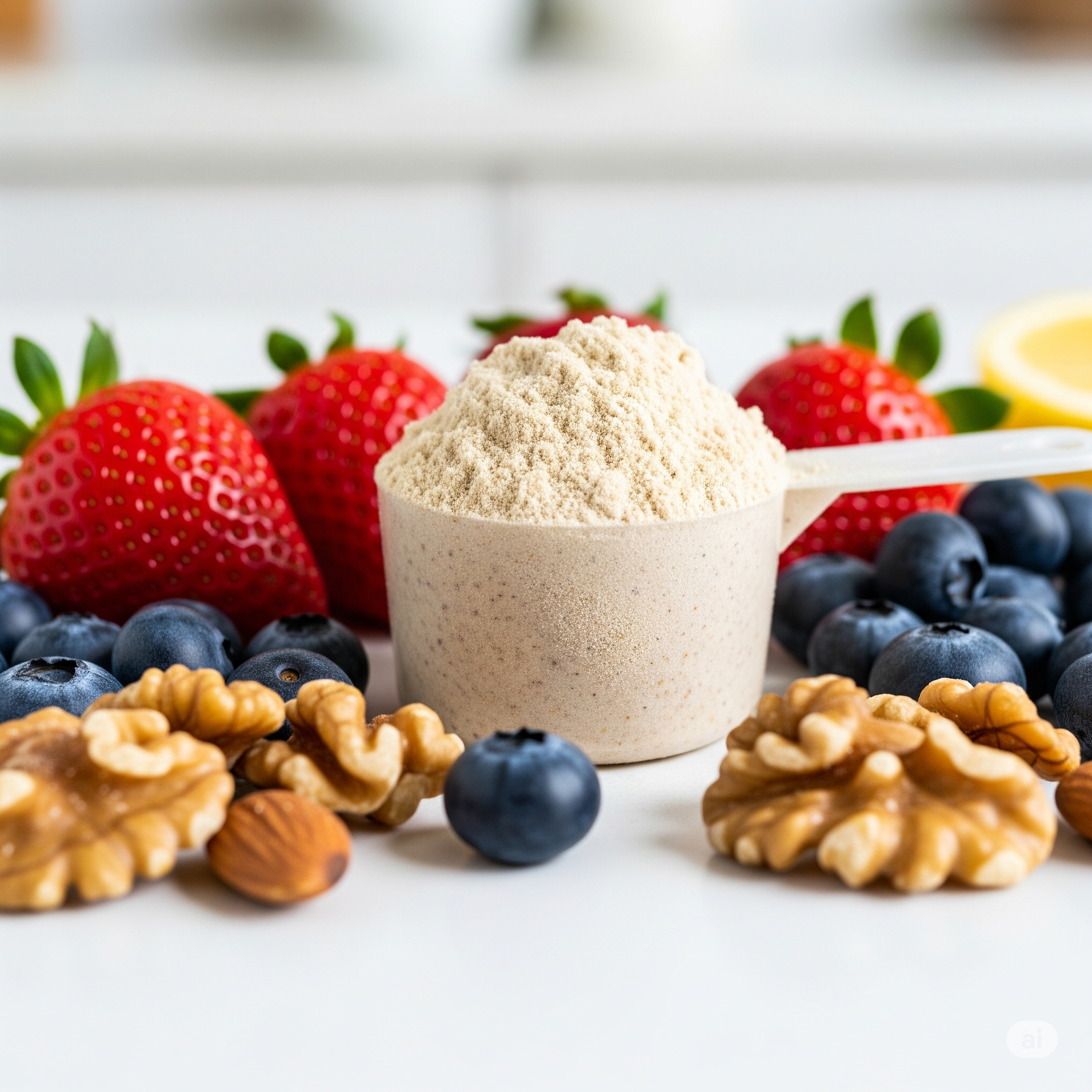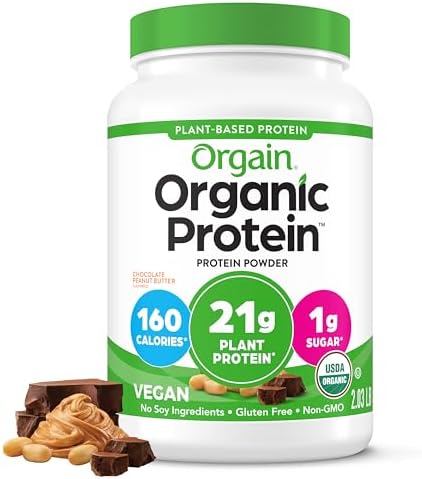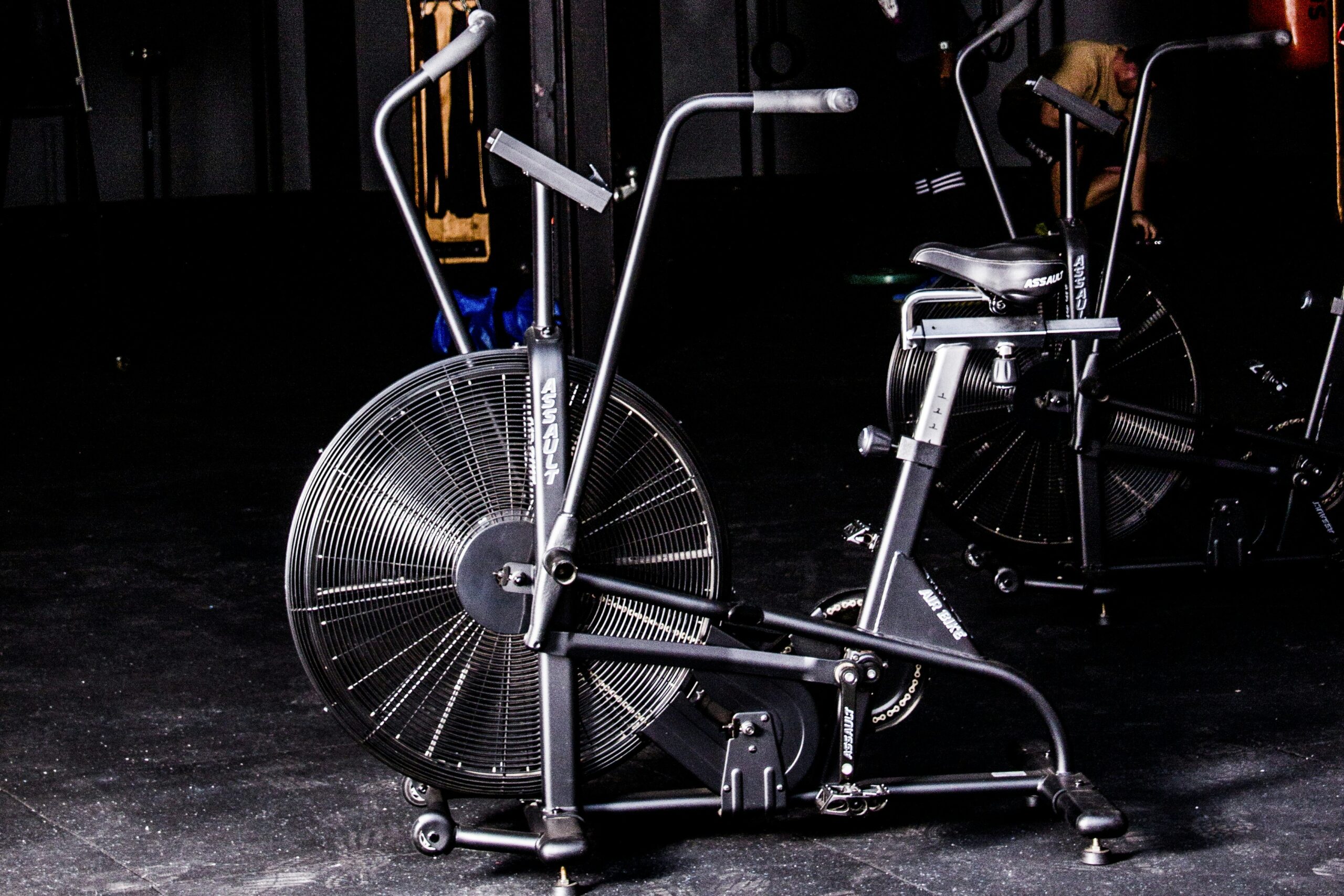Understanding the Importance of Protein for Muscle Recovery
Protein is a vital macronutrient that plays a fundamental role in muscle recovery following physical exertion. When engaging in resistance training or endurance exercises, muscle fibers undergo microscopic damage, and protein aids in the repair and rebuilding of these tissues. The amino acids that constitute protein are the building blocks necessary for repairing the muscles that have been stressed during workouts. Thus, adequate protein intake post-exercise promotes recovery, muscle repair, and ultimately, enhances performance in subsequent workouts.
For individuals involved in regular physical activity, the importance of consuming enough protein cannot be overstated. Research indicates that the post-exercise period is critical for recovery, often referred to as the anabolic window—a timeframe during which muscles are particularly receptive to nutrient uptake. During this phase, incorporating protein into one’s diet helps stimulate muscle protein synthesis, which is the process of converting amino acids into new muscle proteins. This is especially significant for those adhering to a plant-based diet, as it necessitates careful selection of protein sources to ensure sufficient intake of essential amino acids.
Comparing plant-based and animal-based proteins reveals important distinctions in their amino acid profiles. While animal proteins are generally complete, meaning they contain all nine essential amino acids, many plant proteins are considered incomplete. However, by combining various plant sources, such as legumes, grains, and nuts, individuals can achieve a balanced amino acid profile. Furthermore, plant-based protein powders often come with added benefits, such as higher fiber content and lower levels of saturated fat, which can complement a health-conscious lifestyle. Understanding these differences is crucial for making informed choices about protein supplementation, especially when seeking optimal muscle recovery in a plant-based dietary context.
Key Nutritional Considerations in Plant-Based Protein Powders
When selecting plant-based protein powders for muscle recovery, it is vital to evaluate their nutritional components thoroughly. One of the first aspects to consider is the amount of protein per serving, which typically varies depending on the source of the plant protein. Generally, a good plant-based protein powder should provide at least 15-25 grams of protein per serving to effectively support muscle recovery and growth.
Additionally, the presence of essential amino acids is a critical factor. Unlike animal-based proteins, not all plant proteins provide a complete amino acid profile. Therefore, blends containing proteins from diverse sources—such as pea, hemp, and brown rice—are recommended. Pea protein, for instance, is rich in branched-chain amino acids (BCAAs), while brown rice protein is high in cysteine and methionine, contributing to a more balanced amino acid intake.
Furthermore, it is essential to consider additional vitamins and minerals included in the formulation of the protein powder. Some products are fortified with nutrients such as vitamin B12, iron, and zinc, which can be particularly beneficial for those following a plant-based diet. The bioavailability of these nutrients, however, should be taken into account, as plant sources may have lower absorption rates than their animal counterparts.
In addition to the nutritional content, potential allergens and additives should also be monitored when choosing a protein blend. Common allergens include soy, gluten, and nuts. Many protein powders contain additives like sweeteners, thickeners, or preservatives, which might not align with every individual’s dietary preferences. Recognizing these elements can help consumers make informed choices and better align their protein intake with their health goals.
Top Plant-Based Protein Powders for Muscle Recovery
When it comes to muscle recovery, selecting the right protein powder can significantly impact your athletic performance and overall health. Here is a curated list of some of the best plant-based protein powders currently available on the market.
1. Orgain Organic Protein Powder: Known for its smooth texture and delightful taste, Orgain offers 21 grams of protein per serving. This protein blend features pea protein, brown rice protein, and chia seeds, making it an excellent choice for muscle recovery. Additionally, it is USDA Organic certified, gluten-free, and contains no added sugars, catering to health-conscious consumers.
2. Garden of Life RAW Organic Protein: This powerhouse boasts 22 grams of protein derived from a variety of plant sources, including pea protein and sprouted grains. Not only is it filled with essential amino acids, but it also contains live probiotics and enzymes, perfect for digestion. This product is ideal for those seeking an unprocessed option to aid in muscle recovery post-exercise.
3. Vega Sport Protein: Geared towards athletes, Vega Sport Protein offers 30 grams of protein from pea, pumpkin seed, and sunflower seed proteins. This high-performance powder is tailored for post-workout recovery, infused with BCAAs to help repair tissues and increase muscle mass. Its delectable flavors make it appealing for varied palates.
4. Sunwarrior Warrior Blend: Combining pea protein, hemp protein, and goji berries, this blend not only delivers 27 grams of protein per serving but also packs a nutritional punch with antioxidants. The unique combination is designed to support muscle regeneration while providing essential nutrients for overall well-being.
Incorporating these plant-based protein powders into your post-workout regimen can be seamless. Consider blending them into smoothies, mixing them with plant-based milk or yogurt, or simply adding them to your favorite baked goods. By selecting a protein powder that aligns with your dietary preferences and recovery goals, you can enhance your muscle recovery efficiently.
How to Effectively Use Plant-Based Protein Powders for Optimal Results
Incorporating plant-based protein powders into your nutrition plan can significantly enhance muscle recovery, albeit proper usage is paramount to achieve maximal benefits. Timing for protein intake plays a crucial role; consumption immediately after a workout can help stimulate muscle repair and promote growth. Studies suggest that the post-workout window of approximately 30 minutes to two hours is particularly effective for nutrient absorption. Thus, planning your protein intake around your training schedule can yield noticeable results.
When it comes to serving sizes, most guidelines recommend an intake of 20 to 30 grams of protein per serving for optimal muscle recovery. This amount can vary based on individual factors such as body weight, activity level, and overall daily protein requirements. For those who are less active, smaller serving sizes might suffice, while athletes or individuals engaging in intense exercise may benefit from slightly higher servings. Using a kitchen scale or measuring scoop can help maintain consistency in portion sizes.
Integrating plant-based protein powders into your diet can be done in numerous creative ways. Adding the powder to smoothies is a popular method, as it allows for easy incorporation of fruits, vegetables, and other nutritious ingredients. For a nutritious post-workout shake, blend the protein powder with almond milk, banana, spinach, and a tablespoon of nut butter. Additionally, consider incorporating protein powder into baked goods, oatmeal, or soups to boost the overall protein content seamlessly.
While protein supplementation is beneficial, it should never replace whole food sources. A well-rounded diet rich in whole foods, including legumes, nuts, seeds, and vegetables, should complement protein powder usage. This ensures you receive a broad spectrum of nutrients essential for overall health. Therefore, the combination of plant-based protein powders and a diverse diet creates a comprehensive strategy for muscle recovery and optimal athletic performance.







